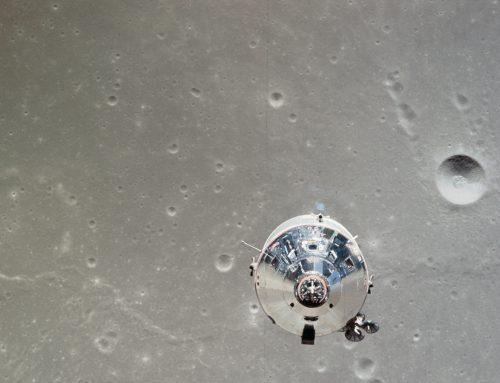The Power of Computers
Computers have decisively changed society in the 20th century. Do they serve the subjugation of people by “Big Brother”? Or do they stand for the freedom of the individual?
History of Computer Technology


Electron brains - that's what computers in Germany were still called in the 1970s. Just in the year of George Orwell's novel "1984", Apple released the Macintosh, the personal computer for the home. Digital power for the citizen against the big ones. Hopes and fears have accompanied information technology since its beginnings after the war. Especially in Germany, people are often sceptical about innovations. In the 1950s it was television, in the 1980s personal computers, in the 1990s the Internet and today smartphones and social networks. The fears and warnings of that time are amazingly similar!
The film leads through the history of computer technology, data and hackers. Heribert Prantl, Simon Hegelich, Arndt Bode and other experts give their opinions, and those affected such as Sebastian Hahn or Hans Hübner tell their story.


Computer in the past
In historical retrospect it becomes clear that 1.) things came differently, and 2.) than one thought. The critics in the 70s were quite right. For computers and industrial robots have displaced thousands of jobs that are irretrievably lost. At the same time, they have created hundreds of thousands of new jobs. It is all the more interesting when in the 1980s hackers discuss whether it would be desirable for all computers to be "networked" with each other - because even then you could dial into other computers via telephone and acoustic coupler. Data protection was a hot topic at the time. The ghost of Orwells was conjured up in 1984.
Then the Berlin Wall fell in 1989. The classic totalitarian state disappeared - at least in Europe and temporarily. Paradoxically, more personal data is available on the Internet today than ever before in history. And this data is being used, as we know at least since Snowden or the Facebook scandal. Without those affected knowing, or even having understood, how it works.

Privacy
It is all the more astonishing how comparatively carelessly one discloses one's private data today. Voluntarily. That was quite different at the time of the 1983 census. And yet our world today cannot be compared with Orwell's "1984".
Is there a way back at all? Is better data protection the solution? Do the old rules still help at all? Or should one rather escape to the front and make the data accessible to everyone? Our film spans an arc from the 60's to the 80's to the 90's until today. The aim is to show the developments and changes that have taken place as a result of the digital revolution - without blinkers, without trying to follow the same patterns of pessimism and social criticism, but still reflecting on them - and with a historical perspective that allows some things to appear in a whole new light.

The future
Just as today we look amusedly at discussions that took place 20 years ago on the Internet, today we have to ask ourselves how future generations will judge us when we discuss smartphones, Facebook and the like. Will people smile leniently in 30 years' time at the fact that people used to be afraid to sit in self-propelled cars? What will "privacy" look like in the future? Is this future dark or bright? Or in the end... quite different?



Leave A Comment